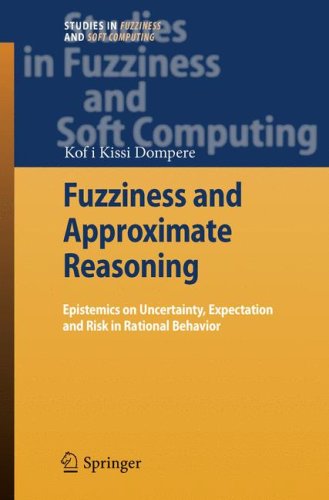

Most ebook files are in PDF format, so you can easily read them using various software such as Foxit Reader or directly on the Google Chrome browser.
Some ebook files are released by publishers in other formats such as .awz, .mobi, .epub, .fb2, etc. You may need to install specific software to read these formats on mobile/PC, such as Calibre.
Please read the tutorial at this link: https://ebookbell.com/faq
We offer FREE conversion to the popular formats you request; however, this may take some time. Therefore, right after payment, please email us, and we will try to provide the service as quickly as possible.
For some exceptional file formats or broken links (if any), please refrain from opening any disputes. Instead, email us first, and we will try to assist within a maximum of 6 hours.
EbookBell Team

0.0
0 reviewsThis monograph is special in its orientation and contribution to current state of our understanding of decision-choice process and knowledge production. Its special orientation is to bring to the scientific community the discussions on the epistemic structure of the relationships among uncertainty, expectations, risk, possibility, probability and how the rules of fuzzy paradigm and the methods of fuzzy rationality bring new and different understanding to the relationships. At the level of theory of knowledge, it presents the structure and epistemic analysis of uncertainty, expectations and risk in decision-choice actions through the characteristics of substitution-transformation and input-output processes in categorial dynamics of actual-potential duality. The interactive effects of rationality and expectation are examined around belief, prospect, time and conditions of belief justification where the relationship between possibility and probability as a sequential link between potential and actual is analyzed to provide some understanding of the role of relative costs and benefits in defining risk in both nature and society. The concepts of possibilistic and probabilistic beliefs are explicated in relation to rationality and the decision-choice process where the analytical relationship between uncertainty and expectation formation is presented leading to the introduction of two types of uncertainty composed of fuzzy uncertainty and stochastic uncertainty.